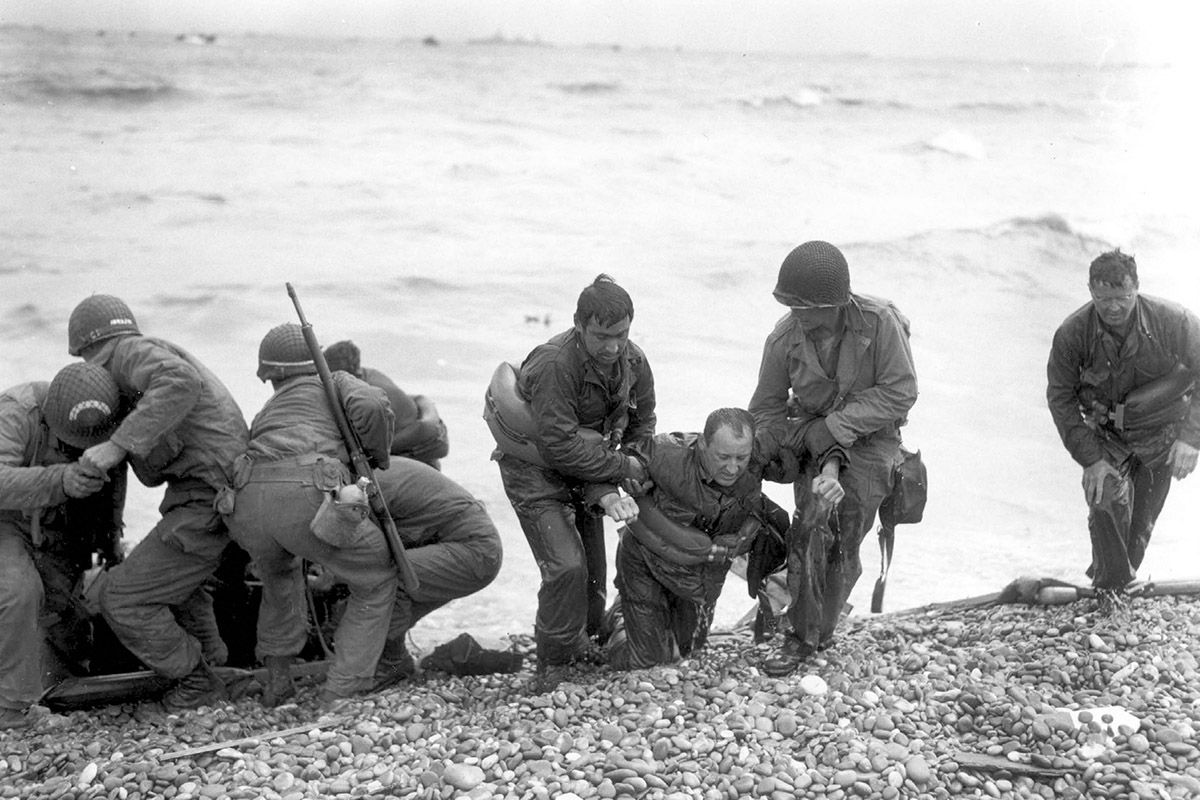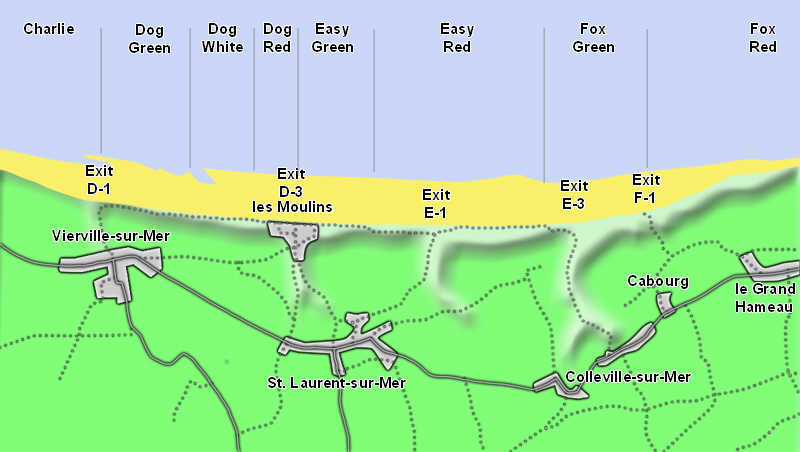
But it was not until we incorporated the log into the story map that I realized the full scope of the story it contains. I’ve used this object in a number of exhibits, pointing viewers toward its gripping final entry, which narrates Horr’s experiences on D-Day, including the loss of his best friend, Claude R. Limiting our view to four veterans also freed us to do a deep dive into four singular stories, and to explore the full range of primary sources in these veterans’ collections.Ĭonsider the case of Bob Horr’s flight log. The multimedia capabilities of story maps made it easy to feature a wide array of materials illustrating the personal narratives of veterans. We at VHP invite the general public to contribute the stories of veterans in their lives and communities by donating materials ranging from oral history interviews to personal correspondence, diaries, scrapbooks, photographs, and even artwork. veterans who served from WWI through the conflicts in Iraq and Afghanistan.


Created by Congressional legislation in 2000, VHP’s mission is to collect, preserve, and make accessible the personal accounts of U.S. Horr’s flight log, which chronicles his training as a glider pilot in the months leading up to D-Day, is one of hundreds of thousands of items held by the Veterans History Project (VHP) at the Library of Congress. That is, until you get to the last entry, dated June 6, 1944, which proclaims in big block letters, “INVASION STARTED.” Flipping through the pages, its contents might not catch your attention. Beneath its brown, pebbled cover the log is filled with neatly hand-printed lists of locations, dates, and types of aircraft.

Robert Horr’s flight log is about the size of a steno pad. She helps researchers and the general public access over 110,000 unique collections in the VHP archive, and is passionate about using historical materials to inspire a sense of connection to the past and an appreciation of the infinite stories it contains. About the author: Megan Harris is Senior Reference Specialist for the Veterans History Project (VHP) at the Library of Congress.


 0 kommentar(er)
0 kommentar(er)
